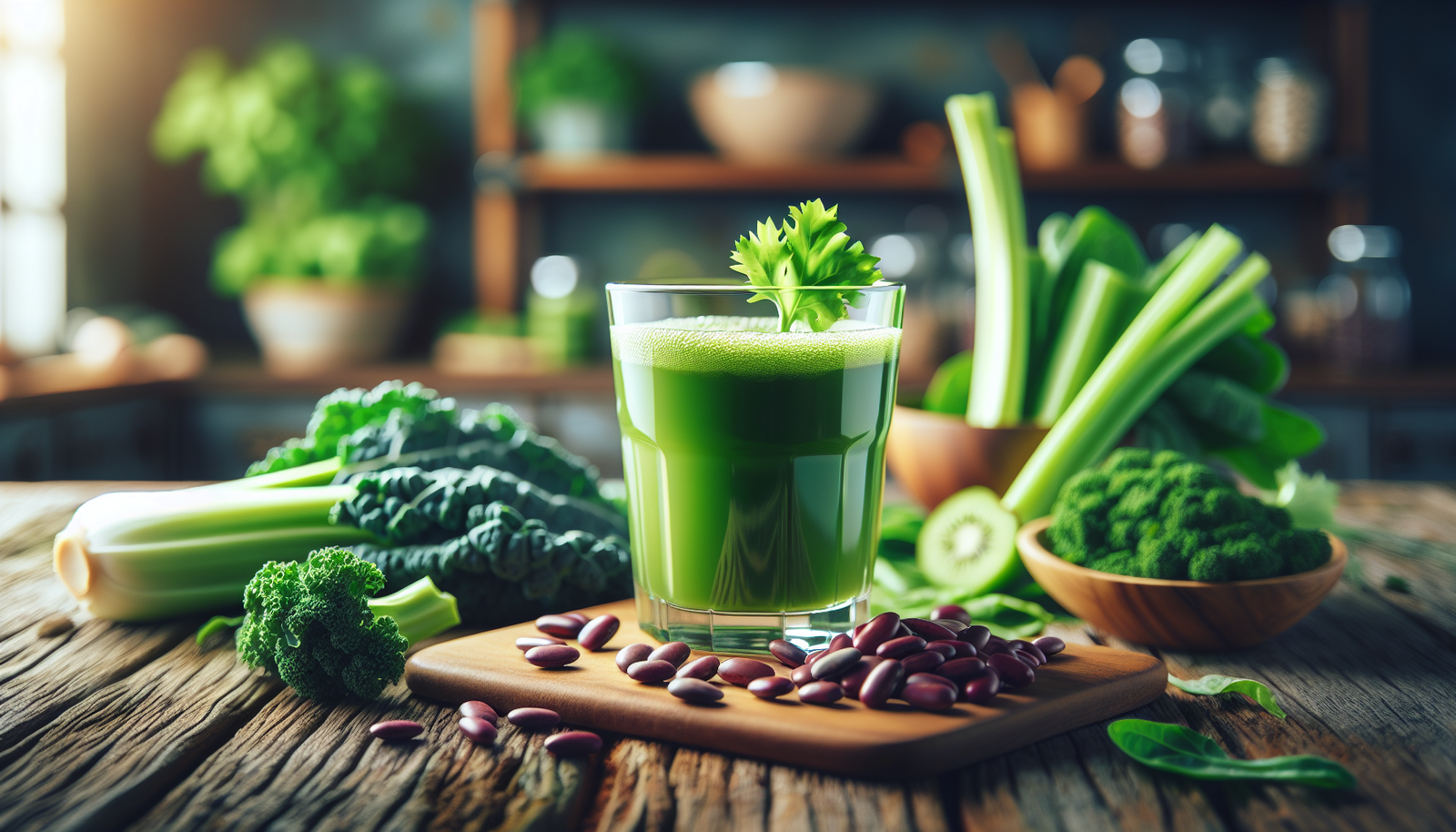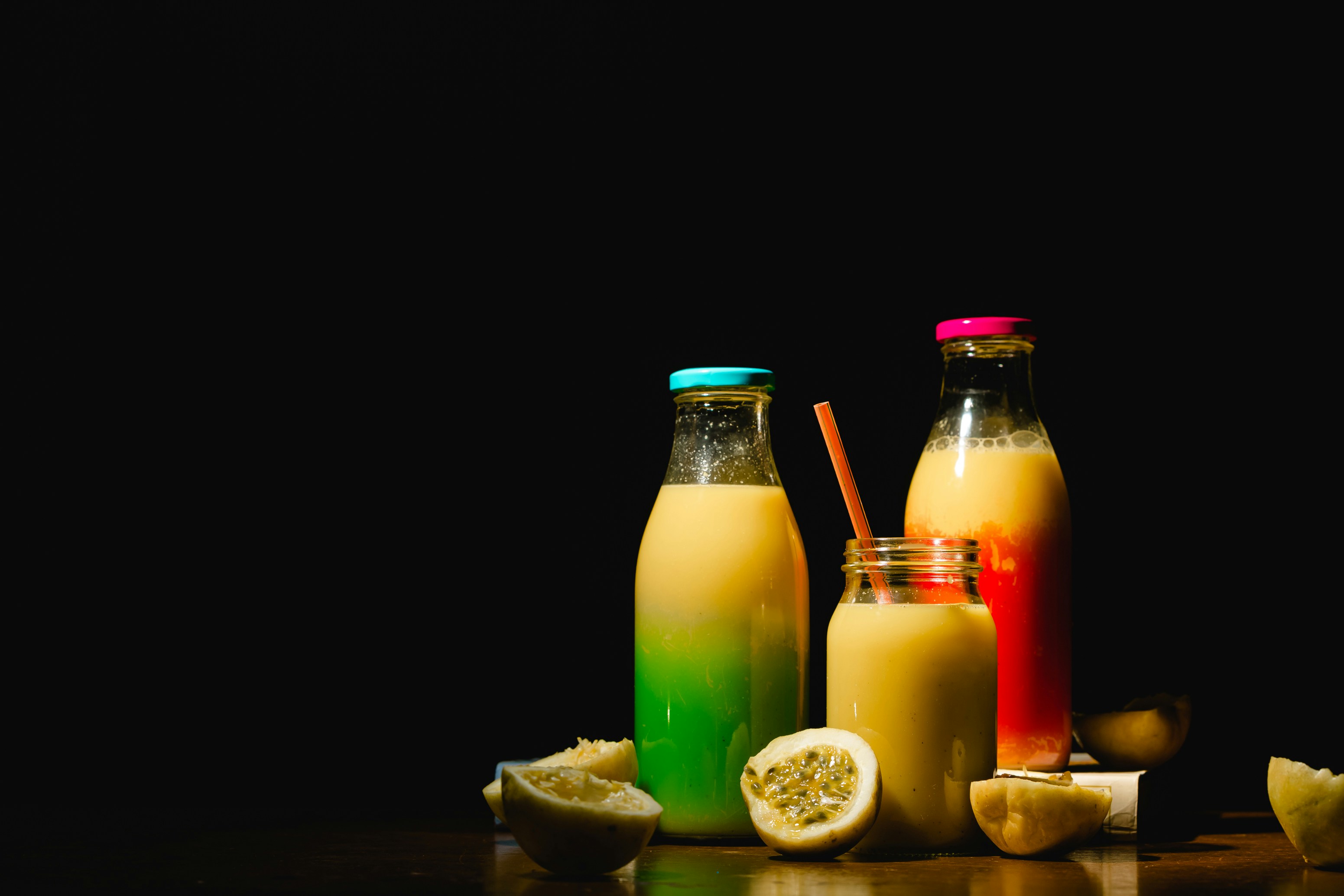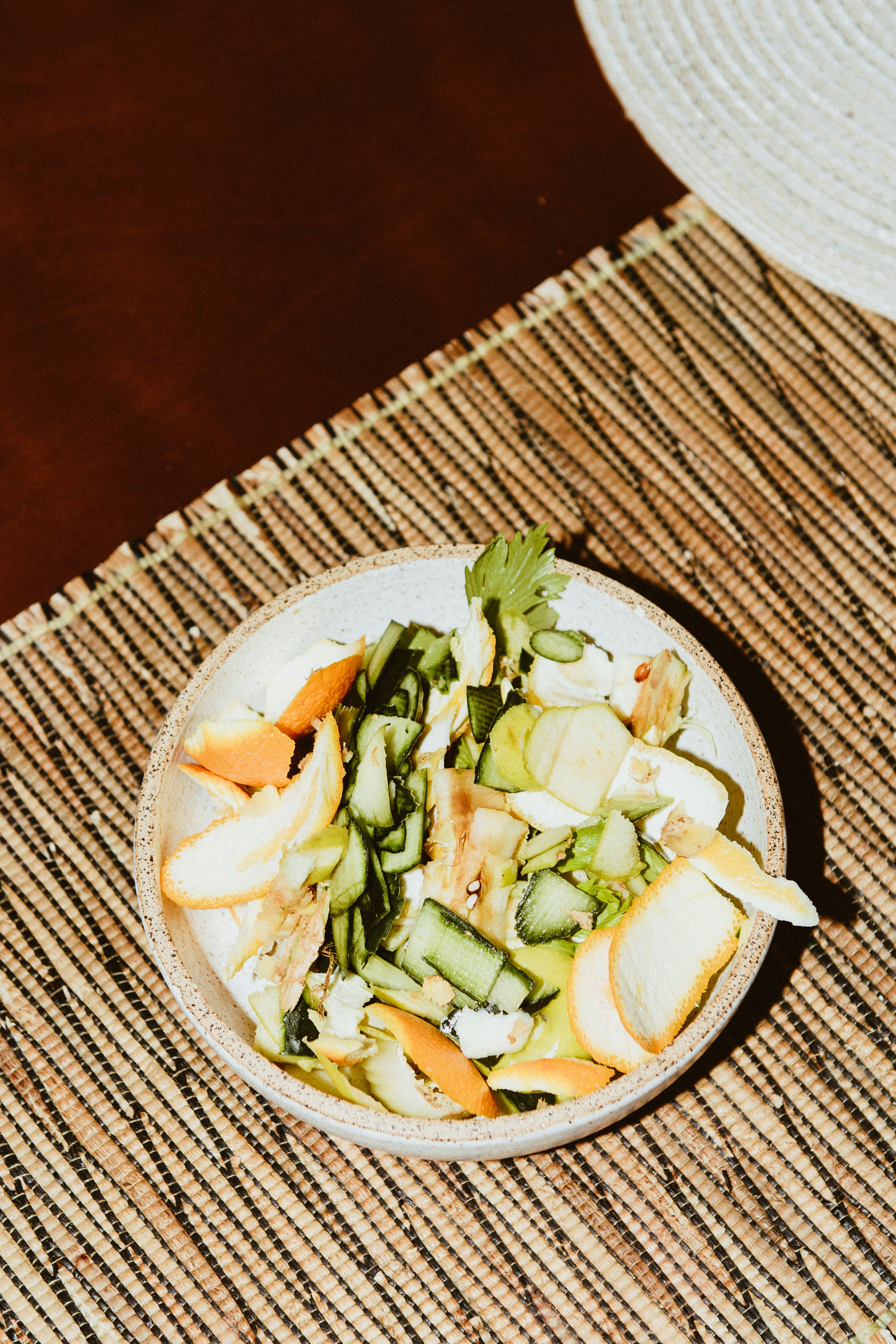Have you ever wondered if the healthy green juice you’re sipping is doing more harm than good? You’re not alone. As green juices made from leafy greens, fruits, and other wholesome ingredients gain popularity as a health trend, many have started asking whether these vibrant drinks could be linked to the rise in kidney stones.
Understanding Kidney Stones: What Are They?
Kidney stones are small, hard deposits that form in the kidneys. They’re the result of minerals and salts crystallizing in your urine. When these stones travel through your urinary tract, they can cause intense pain and discomfort. Knowing about kidney stones is essential, especially if you’re considering how your diet impacts your health.
Types of Kidney Stones
There are four primary types of kidney stones, and each has different causes:
- Calcium Stones: The most common type, often formed from calcium oxalate.
- Struvite Stones: Usually form after a urinary tract infection.
- Uric Acid Stones: Develop as a result of uric acid accumulation.
- Cystine Stones: Rare and form in people with a hereditary disorder.
Understanding these types can help you identify potential dietary triggers for your kidney stones.
Symptoms of Kidney Stones
Do you know what signs to look for? Symptoms may include:
- Severe pain on the side and back, below the ribs
- Pain that radiates to the lower abdomen and groin
- Pain during urination
- Pink, red, or brown urine
- Nausea and vomiting
- Persistent urge to urinate
Recognizing these symptoms can help you seek medical attention promptly if you suspect a kidney stone.
The Connection Between Diet and Kidney Stones
Your diet plays a significant role in the formation of kidney stones. Certain foods and drinks might increase your risks, while others can help prevent stones from forming. This is where the discussion around green juices gets interesting.
Oxalates: The Culprit in Green Juices
One of the main concerns related to green juices is the presence of oxalates. Leafy greens, nuts, and some fruits contain high levels of oxalates, which can contribute to calcium oxalate stones. If you consume a lot of green juices made from these ingredients, you might be inadvertently increasing your risk.
Common High-Oxalate Foods
To better understand this, here’s a simple table outlining common foods that contain high levels of oxalates:
| Food | Oxalate Content (mg per 100g) |
|---|---|
| Spinach | 970 |
| Rhubarb | 600 |
| Beets | 250 |
| Almonds | 475 |
| Sweet Potatoes | 150 |
| Swiss Chard | 800 |
| Soy Products | 250–300 |
Moderation is key when you’re handling these foods, especially in the form of concentrated juices.
How Much Is Too Much?
When it comes to oxalates, it’s about balance. A diet with a moderate amount of oxalates is generally acceptable for most people. However, if you’ve had kidney stones in the past or are at higher risk, limiting your intake might be a smart move.
Green Juices: Beneficial or Dangerous?
You might be questioning whether green juices are actually good for you. They’re packed with nutrients, but they also bring along some potential pitfalls when consumed in excess.
Nutritional Benefits of Green Juices
Green juices are often loaded with vitamins, minerals, and antioxidants, which provide an array of health benefits. They can help improve digestion, boost energy levels, and support overall health. Here are some nutritional highlights:
- Vitamins A, C, and K: Important for immune function and skin health.
- Folate: Crucial for cell division and production of DNA.
- Magnesium: Supports muscle and nerve function.
- Fiber: Aids in digestion and helps regulate blood sugar.
These benefits cannot be ignored, especially in a world where nutrition plays a critical role in our well-being.
The Dark Side: Risks of Overconsumption
However, drinking green juices in excess raises concerns. The concentrated nature of these juices can lead to higher intake of certain nutrients, including oxalates. When consumed in large quantities, you might be more prone to the formation of kidney stones.
Who’s at Risk of Kidney Stones?
Do you know if you’re at higher risk for kidney stones? Certain factors can increase your likelihood of developing these painful stones.
Risk Factors
Here are some common risk factors for kidney stones:
- Dehydration: Not drinking enough fluids can concentrate your urine, leading to stone formation.
- Diet: High salt or high oxalate diets can contribute to stone development.
- Obesity: Being overweight increases your risk for kidney stones.
- Medications: Some diuretics and antacids can increase stone risk.
- Family History: Genetics can play a significant role in your risk.
Being aware of these factors can help you take steps toward prevention.
Water Intake: A Key Preventative Measure
You might be surprised to learn that one of the simplest ways to reduce your risk of kidney stones is to stay hydrated. Drinking plenty of water dilutes your urine, reducing the concentration of minerals that form stones.
How Much Water Should You Drink?
The common recommendation is to aim for about 8 glasses (64 ounces) of water a day, but you may need more if you’re active or live in a hot climate. Listening to your body’s thirst signals is crucial.
Smart Choices for Your Green Juice
If you’re still keen on enjoying green juices, making smarter choices can minimize your kidney stone risk. Here are some tips to consider:
Balance Ingredients
When preparing your green juice, try to balance high-oxalate ingredients with low-oxalate ones. For instance, while spinach is a popular juice ingredient, think about mixing it with low-oxalate greens like kale or romaine lettuce.
Portion Control is Key
Instead of consuming large amounts of green juice at once, consider smaller portions. A modest size can give you the nutritional benefits without overwhelming your system with oxalates.
Experiment with Ingredients
Look for green juice recipes that incorporate a variety of fruits and vegetables. Some more kidney-friendly options might include cucumber, celery, or apples, which are relatively lower in oxalates.
Nutritional Alternatives
You may decide that green juices aren’t for you after all. Thankfully, there are many alternatives that can offer a health boost without the same risks.
Whole Fruits and Vegetables
Eating whole fruits and vegetables instead of juicing gives you the added benefits of fiber, which can aid in digestion and help you feel fuller longer. Plus, the fiber can help manage your weight, which is another factor in kidney stone risk.
Smoothies
If you enjoy the liquid form of your meals, smoothies might be a better option than juice. They retain the fiber from the whole ingredients and can still be packed with nutrients without being overly concentrated in oxalates.
Consulting a Healthcare Professional
As you navigate the world of health and nutrition, it’s always a good idea to consult with a healthcare professional, especially if you have concerns regarding kidney stones or diet changes.
Personalized Advice
A registered dietitian can work with you to create a custom nutrition plan tailored to your individual needs. This can ensure that you’re getting the nutrients you need without increasing your risk of kidney stones.
Regular Check-Ups
If you have a history of kidney stones, keeping up with regular check-ups can help monitor your kidney health. This way, you can catch any potential issues before they escalate.

Conclusion: Is Your Green Juice Safe?
In the end, the question remains: Are green juices causing kidney stones? While the connection isn’t entirely straightforward, it’s evident that moderation is vital.
By being informed about the ingredients in your green juice and balancing your overall diet, you can continue to enjoy your healthy habits without compromising your kidney health. Remember, what works for one person might not work for another, so always listen to your body and seek advice when needed.
Healthy eating should feel good, not cause anxiety. Trust your instincts and make choices that support your well-being. Stay hydrated, experiment creatively with your ingredients, and keep yourself informed. After all, a little knowledge can go a long way in helping you make wise health choices.




